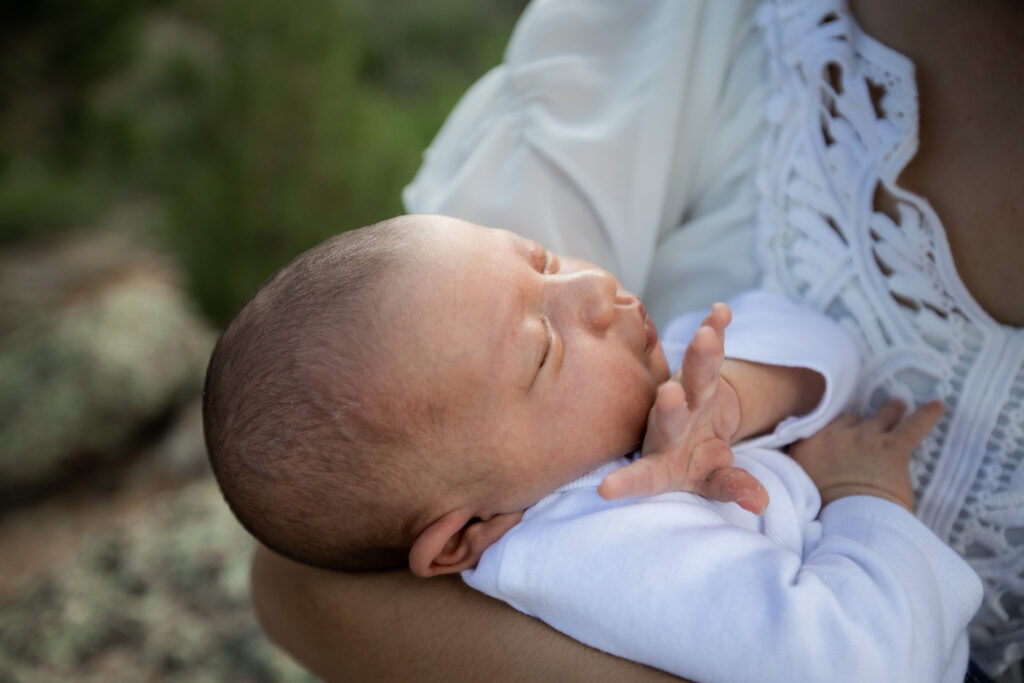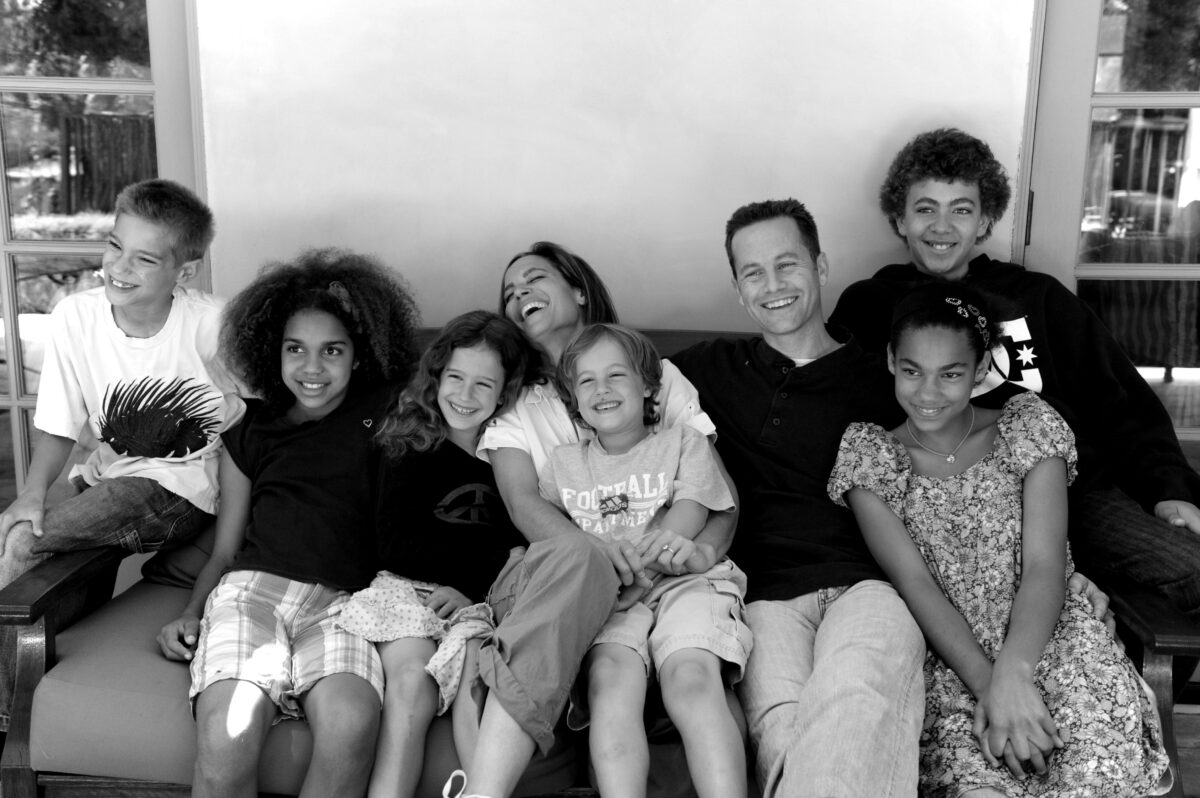Gregory Koukl wrote, “If the unborn is not a human person, no justification for abortion is necessary. If the unborn is a human person, then no justification for abortion is adequate.”
We often hear that abortion is a complex and complicated issue. But although sometimes the circumstances surrounding abortion can be complex, abortion itself is not. Abortion is either right or it is wrong. That stance hinges on the answer to one single, imperative question.
Ultimately all arguments for abortion and against the pro-life position come back to the same question: what is the unborn?
Let’s look at three of the most common arguments posed by abortion advocates and how understanding the answer to this question can help us articulate our defense of the preborn child.
It’s not a baby. It’s a fetus or a clump of cells or an embryo.
The use of terms like these are attempts to dehumanize the unborn. Once someone has been dehumanized, it becomes far easier to justify the mistreatment of that person.
Fetus and embryo, just like infant or toddler or adolescent, are simply terms used for a specific developmental stage of a human being. And your stage of development determines nothing about your value and dignity. Nor does being an embryo or a fetus somehow make one non-human. Stages of development are differences in degree, not kind.

If someone is smaller than me, that changes nothing about his or her value.
If someone is currently in a different stage of development than me, that changes nothing about his or her dignity.
If someone lives in a different environment than me, that has no bearing on that person’s worth.
If someone is completely dependent on someone else in order to stay alive, that has no bearing on his or her value, dignity or worth.
And there is no instance in which ending someone’s life is justified because of one of these realities.
In fact, science is clear that human life begins at conception, not at some arbitrary point during pregnancy, at birth, or some time after (which surprisingly, or perhaps not, is argued by some ethicists).
The unborn is human, from the point of conception on. Different developments occur both in the womb and out, appearances and size change significantly over time, and support is required from the mother, true.
But at no point does an embryo or a fetus change from something other than a human into a human. Development changes, but the kind (human being) remains constant.
My Body, My Choice
An article discussing the rise in babies born addicted to drugs was recently posted on a local news station’s Facebook page. The comments underneath of the post were full of anger and outrage toward any mother who would dare do such a thing to her baby: take dangerous drugs while pregnant and potentially hurt her unborn child.
We don’t have to look too hard to find the irony in this. It took mere minutes for people to express their disapproval (and rightfully so) over a mother who chooses to harm her own child. And yet when it comes to abortion, many simply claim, “her body, her choice.”
There are entire campaigns dedicated to fetal alcohol spectrum disorder. Thalidomide, shortly after it was discovered to cause birth defects in preborn babies, was categorized as a teratogen and quickly pulled from the market.
Similarly, doctors today advise pregnant mothers not to ingest ibuprofen, get an x-ray, or sit in a hot tub because all pose a danger to the unborn child.
In these instances, we don’t argue that because it’s her body, it’s her choice. We simply agree that it is the mother’s job to avoid the things that would do harm or injury to her child, even it if it is an inconvenience to her.

Why is that? It’s because we understand that what the mother does while pregnant, affects another person.
In this instance we again look to the question, what is the unborn? Is the unborn a part of his or her mother? And again we see that the clear and simple scientific answer is: absolutely and unequivocally no.
While the baby resides within the mother and depends on her for nutrition, the cells of the baby are genetically distinct from the cells of the mother. Many times the baby has a completely different blood type than the mother. Half of the time, the baby is a different gender than his mother.
The unborn is a separate and distinct individual human being. And deep down we all understand that.
What about rape and incest?
This is a situation in which the moral and emotional complexity of the circumstances surrounding pregnancy is used to cloud the morality of abortion itself.
Once more we ask the question, what is the unborn?
We’ve already established that the unborn are separate and distinct human beings who are simply in a different stage of development than born people. Using the argument of rape or incest is simply an attempt to point to the circumstances of that child’s conception as a reason nullify his or her humanity.
The question has to be asked as to why the circumstances under which a child is conceived have any bearing on the value of the child itself. Randy Alcorn writes the question this way: “Are some children more worthy to live because their fathers were better people?” I would add, are some children more worthy to live because they were conceived under more desirable conditions?
The answer is simple and obvious: no.
What is important to this challenge, as Alcorn points out, is not how a child is conceived, but that he was conceived. This brings us back to that initial question.
If the unborn child is a distinct and separate human being from the moment of conception, than the conditions surrounding his conception and who his father is have no bearing on his value. He is still a human being, worthy and deserving of life.
If the unborn person, conceived in rape, is a human being, than there is no way to justify punishing a child for the crime committed by his father. Instead of punishing a child by ending his life, we must punish the rapist.
Ultimately all challenges to the pro-life position can be refuted by asking and answering the question of who is the unborn. Science informs the answer. Ultrasound technology informs the answer. Our conscience informs the answer. And when we come to understand that the unborn is a person, as Koukl reminds us, no justification for abortion is adequate.













